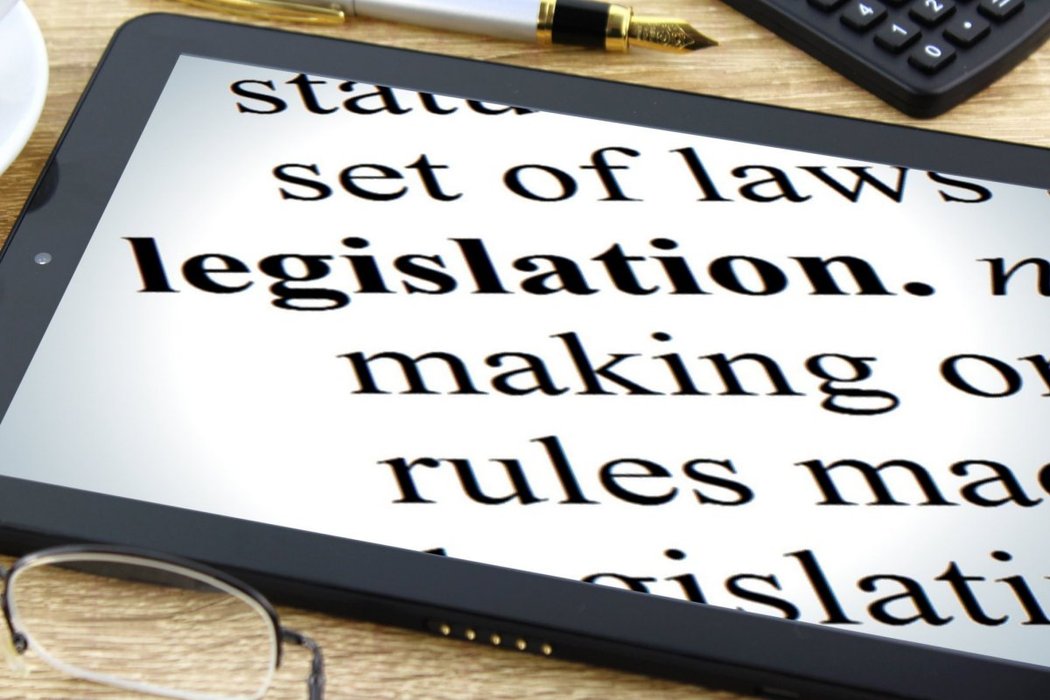
Introduction
On 4th August 2024, the Association for Media Development in South Sudan (AMDISS) and the Union of Journalists in South Sudan (UJOSS) began developing an election guide to ensure professional and ethical media coverage for the elections. When finalised, the guide will provide guidelines to protect journalists before, during, and after the elections. The guide emphasises impartiality and independence from political parties and prohibits accepting bribes for coverage.
16th September 2024, the Transitional Government of National Unity postponed elections by 24 months. The decision, which also extends the transitional period by 24 months, until February 2027, sparked widespread criticism and fears of an escalation in the crackdown on dissent. However, the government asserted the need for additional time to complete a census, draft a permanent constitution, and register political parties, among other key tasks whose completion is necessary for the holding of free, fair, and credible elections.
South Sudan has never held elections since its independence in 2011. This decision marks the second time the country has delayed elections and extended the transitional period that began in February 2020. The repeated delays raise serious concerns about the authorities’ commitment to a democratic transition, as the repression not only stifles political opposition but also erodes the fundamental rights that are a foundation of democratic societies.
Association
On 3rd July 2024, South Sudan's parliament passed a security bill, the National Security Service Act 2014 (Amendment) Bill 2024, which has raised concerns around its potential misuse to violate human rights, and persecute activists, journalists and government critics. The proposed law grants excessive powers to the National Security Service (NSS) by retaining its powers to undertake arrests with or without warrants, as opposed to the intelligence roles of information gathering, analysis and advice to relevant authorities, for which it was initially created. This raises concerns about arbitrary arrests and threatens to undermine human rights ahead of the 2024 elections. Civil society groups requested the Government to align the bill with international human rights standards, but the bill passed with 274 votes to 114. Civil society groups urge President Salva Kiir to return the bill to parliament within 30 days to prevent its automatic enactment, as occurred in 2014.
On the day the bill was passed, security officers briefly detained civil society members at the Transitional National Legislative Assembly (TNLA) to prevent them from attending the parliamentary session on the Bill. Security officers also forced a journalist to delete photos taken during the debate and locked other journalists in a media gallery room.